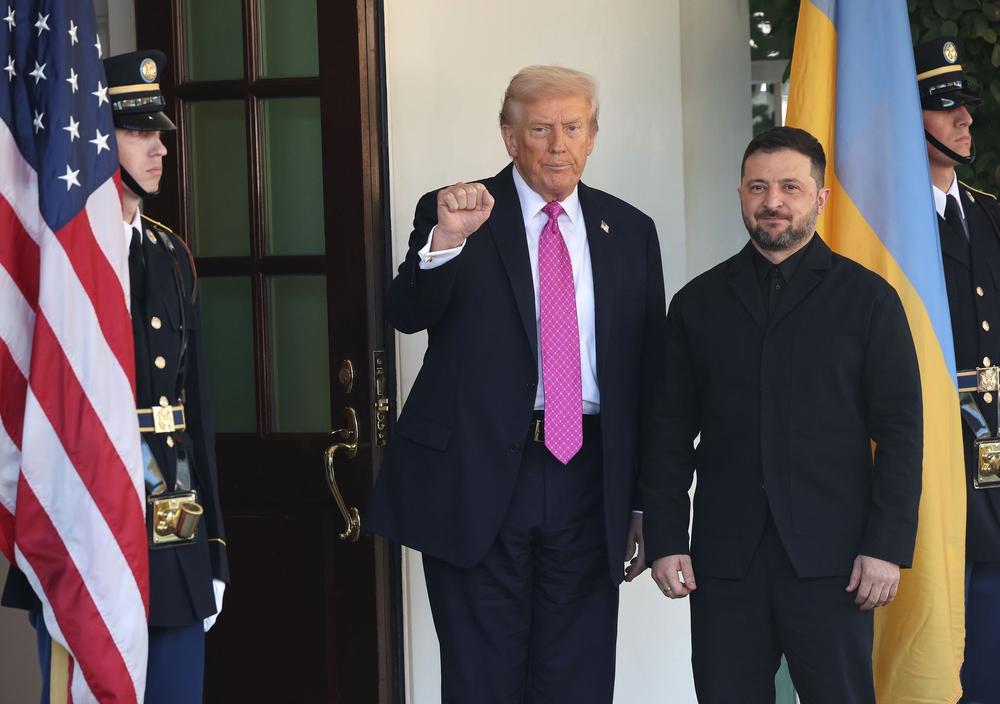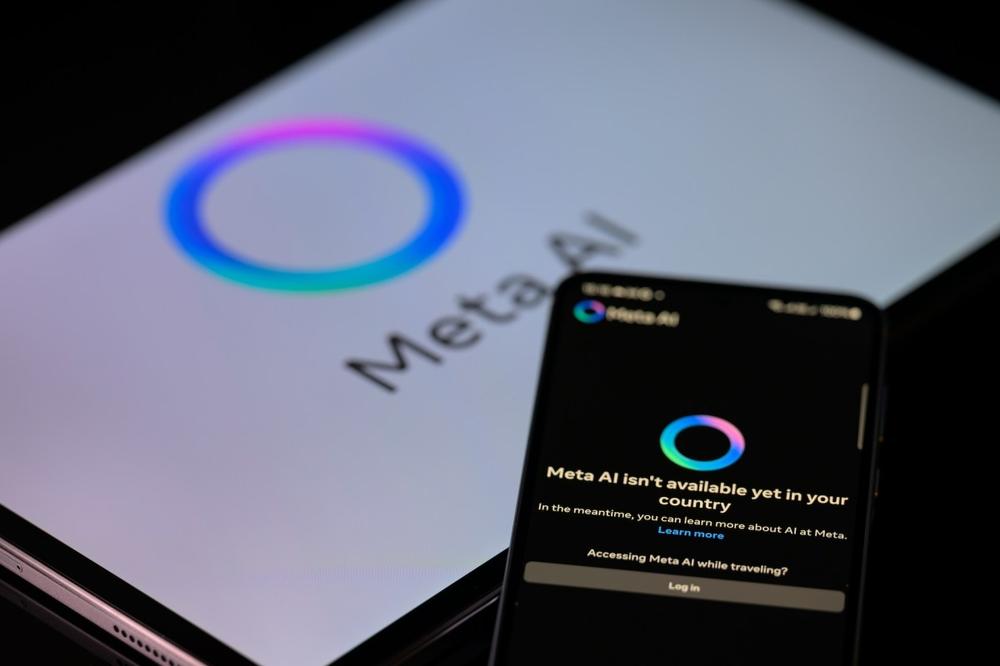Editor's note: This is a developing story and is being updated.
President Volodymyr Zelensky arrived at the White House on Oct. 17 for talks with U.S. President Donald Trump, amid growing speculation that Washington could authorize the delivery of Tomahawk long-range missiles to Ukraine.
"It's an honor to be with a very strong leader, a man who has been through a lot, and a man who I've gotten to know very well, and we've gotten along really very well," Trump said during a bilateral lunch with Zelensky.
Zelensky expressed cautious optimism about the prospects for ending Russia's war against Ukraine, emphasizing both the urgency of peace and Ukraine's recent battlefield successes.
"We understand that Putin is not ready. I think (he's) not ready, but I'm confident that with your help, we can stop this war," Zelensky said. "We see that they don't have successful steps on the battlefield, and it's good. I think that their army is weak now, and a lot of losses there."
The meeting — the sixth since Trump's return to office — comes one day after Trump's phone call with Russian President Vladimir Putin and their announcement of a planned summit in Hungary.
The Budapest talks would be the second meeting between U.S. and Russian leaders since 2022, raising questions in Kyiv and Europe about how Trump's diplomacy could alter the course of the war.
The U.S. president said the meeting with Putin would "most likely be a double one."
"It'll be a double meeting, but we will have the president, Zelensky, in touch. There's a lot of bad blood between the two presidents," the U.S. president added, without elaborating.
Zelensky earlier said he held what he called "productive" phone calls with Trump on Oct. 11 and 12, focusing on air defenses and long-range strike capabilities. The Ukrainian leader said on Oct. 13 that he hopes to discuss these "sensitive" issues in more detail in person.
Talking about Tomahawk missiles, Trump said he hopes they won't be needed in peace efforts.
"You know, we need Tomahawks and we need a lot of other weapons that we're sending to Ukraine... Hopefully, we'll be able to get the war over without thinking about Tomahawks," he said.
Kyiv has repeatedly stressed the need to reinforce its ability to target Russian military sites and energy infrastructure, aiming to increase the economic costs of Moscow's war while strengthening its own air defense network against Russian strikes on Ukraine's power grid.
After meeting Zelensky in New York on Sept. 23, Trump said Ukraine, with European support, can reclaim all Russian-occupied territories — a remark that fueled speculation about a shift in U.S. policy.
The U.S. president also said on Oct. 15 that Ukraine wants to "go offensive," without providing details, and that he will decide whether to approve such a plan after meeting Zelensky in Washington.
The potential delivery of Tomahawks, which can strike targets between 1,600 and 2,500 kilometers (1,000–1,600 miles) away, would dramatically alter Ukraine's long-range strike capability.
Putin warned that such a move would represent a "qualitatively new stage of escalation."
A source at the Presidential Office told the Kyiv Independent that Zelensky's team was not aware of any plans for a call between Putin and Trump.
"(Trump's) entire tactic is to end the war. So the main thing is that the tactic works," the source said.
Following the Trump-Putin call, the Kremlin's foreign policy aide, Yuri Ushakov, said that the Russian president directly raised the matter of providing Ukraine with Tomahawk missiles to Trump.
"Vladimir Putin reiterated his point that Tomahawks would not change the situation on the battlefield but would cause significant harm to relations between (Russia and the U.S.)," he said.
Sources familiar with the Trump-Putin call told CNN that during the conversation, the U.S. president did not rule out the possibility of sending the requested missiles to Ukraine.
Trump and Putin last spoke on Aug. 18, after Trump's meetings with Zelensky and European leaders. The U.S. president said he was arranging a meeting between the Ukrainian and Russian presidents.
By inviting Zelensky to meet in Moscow, Putin effectively declined direct talks with the Ukrainian leader. Zelensky has repeatedly said he is willing to meet Putin on neutral ground.
Trump and Putin also met in Alaska on Aug. 15 to discuss prospects for a peace settlement and bilateral cooperation — their first meeting since Trump returned to office in January. Despite the talks, no progress has been made toward ending the war.
Bloomberg, citing unnamed sources, reported that the Alaska summit convinced Putin he could intensify air strikes on Ukraine without facing major pushback from Washington.

 Offerte stagionali sempre più anticipate: in vendita panettoni per il Natale 2026
Offerte stagionali sempre più anticipate: in vendita panettoni per il Natale 2026